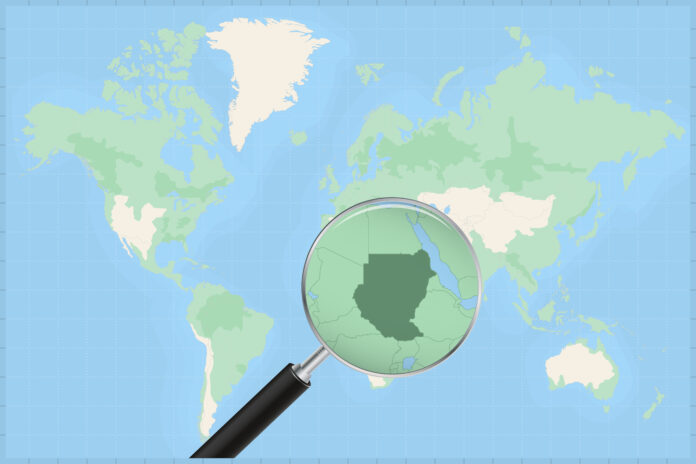A mystery disease outbreak in South Sudan has claimed the lives of nearly 100 people in the region.
While the COVID-19 pandemic has largely kept people on their toes over the past two years, the world has also been fighting another battle: climate change. Extreme weather has caused considerable damage across the world. From wildfires in Australia to typhoons in Asia, weather disasters have placed a huge burden on countries. Similar to the rest of the world, South Sudan also faced severe weather challenges this year. Weeks of heavy rains have caused the worst flooding in over 60 years. According to the United Nations, the flooding has affected more than 700,000 people in the region. Moreover, it has led to the outbreak of a mystery disease in South Sudan.
We decided to send a rapid response team to go and do risk assessment and investigation; that is when they will be able to collect samples from the sick people – but provisionally the figure that we got was that there were 89 deaths. – Sheila Baya, World Health Organization
In the past, South Sudan has experienced outbreaks of various diseases, such as the mysterious nodding syndrome. This particular disease has affected thousands of children in the region for several years. However, the mystery behind its cause remains unclear.
WHO Sends Team to South Sudan
In an October briefing, the UN High Commissioner for Refugees (UNHCR) Representative in South Sudan, Arafat Jamal stated that thousands of people are facing displacement, poverty, and failing health because of the floods. Many are left isolated without any access to clean drinking water or food. Thus, putting them at risk of water-borne diseases.
Just last week, the ministry of health reported dozens of deaths in Fangak, Jonglei State, in South Sudan. Approximately 89 people in the area have died of an unknown disease. The elderly and children under 14 years of age formed the greater proportion of these numbers. Symptoms of the mystery disease include fever, cough, chest pain, headache, diarrhoea, loss of appetite, joint pain, and lethargy. Samples from the patients have so far tested negative for bacterial diseases, such as cholera.
The World Health Organization (WHO) has already sent a team to investigate the outbreak in South Sudan. However, the Fangak area is currently inaccessible due to flooding; thus, delaying the investigation further.
Source: BBC News




